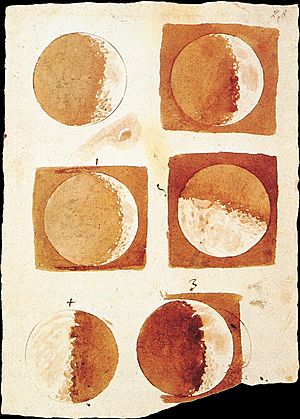Monday facts for kids
Monday is one of the seven days of the week. Depending on where you are in the world, Monday can be seen as either the first or second day of the week. For example, in many parts of Europe, Monday is considered the first day. However, in countries like the United States and Canada, it is usually the second day, coming after Sunday.
The name "Monday" comes from an Old English word meaning "Moon Day." This is because many cultures have historically named the days of the week after planets or gods.
Contents
Monday in Different Cultures and Religions
Monday holds special meanings and traditions for various cultures and religions around the world.
Religious Practices on Monday
Many faiths have specific customs or observances for Monday.
Judaism and Monday
In Judaism, Mondays are sometimes seen as good days for fasting. The Torah, which is a very important religious text, is read publicly on Monday mornings. This happens three times a week: on Monday, Thursday, and Saturday. Special prayers for forgiveness are also often said on Mondays, unless it's a day of celebration.
Christian Traditions on Monday
In early Christianity, followers were advised not to fast on Mondays. Instead, they were encouraged to fast on Wednesdays to be different from some Jewish customs.
In the Eastern Orthodox Church, Mondays are dedicated to remembering the Angels. Hymns about angels are sung on Mondays throughout the year. Many Eastern monasteries observe Mondays as fast days. This is because monks try to live a life similar to angels. On these days, they often avoid certain foods like meat, dairy, and fish.
Family Home Evening
The Church of Jesus Christ of Latter-day Saints encourages families to spend one evening a week together. This is called Family Home Evening (FHE) or Family Night. It usually happens on Monday evenings. Families use this time for studying, praying, and other activities together. Some businesses owned by members of this church close early on Mondays. This allows their employees and customers to spend more time with their families.
See also
 In Spanish: Lunes para niños
In Spanish: Lunes para niños


